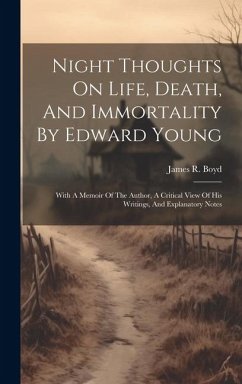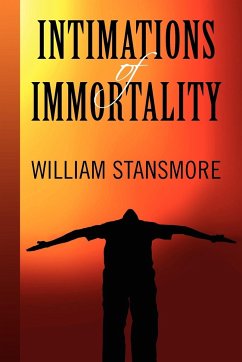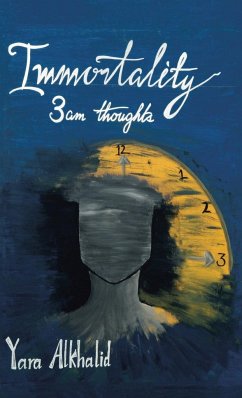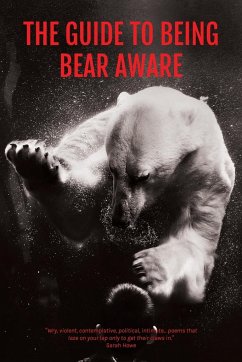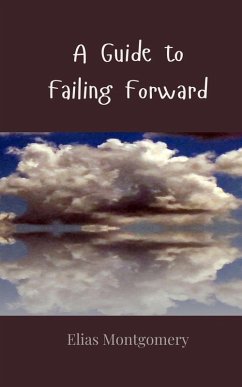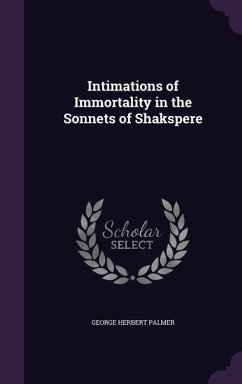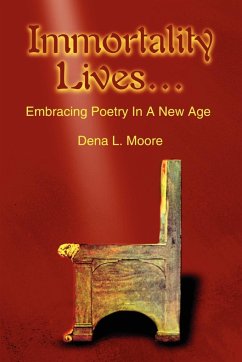
A User's Guide to Spacetime

PAYBACK Punkte
11 °P sammeln!
In A User's Guide to Spacetime, the human desire to be immortal is a recurrent theme. Thus, in "Techwed," as the carrier of life, the astronaut "dons an algorithm like a vest, / Assembles the hybrid," and then "hears the wheels of Infinity grind." In "Siblings of the Sun," he is "Born in the unconscious," and, in "Pseudosphere," he is "in Ge's breath-body based." Significantly, even in "Herald," although the Hermetic lapis, "the figure [of Christ] veiled in matter," exists "in some other place [. . .] / Light years from Earth," the astronaut himself remains immortal because he is indwelt by th...
In A User's Guide to Spacetime, the human desire to be immortal is a recurrent theme. Thus, in "Techwed," as the carrier of life, the astronaut "dons an algorithm like a vest, / Assembles the hybrid," and then "hears the wheels of Infinity grind." In "Siblings of the Sun," he is "Born in the unconscious," and, in "Pseudosphere," he is "in Ge's breath-body based." Significantly, even in "Herald," although the Hermetic lapis, "the figure [of Christ] veiled in matter," exists "in some other place [. . .] / Light years from Earth," the astronaut himself remains immortal because he is indwelt by the Spirit of Christ. For that reason, in "Compass," he may "Restore the Rebis"-the "dual being born of the alchemical union of opposites" (masculine/feminine) and recognized as "a symbol of the self"-and may "Beyond the compass of the symbol rise." In other words, as these poems demonstrate, "Faith-based the astronaut pursues his course" ("Station"). However, they also suggest that, when the treasure is hard to attain, there is always "more to be sought than the scripture".



